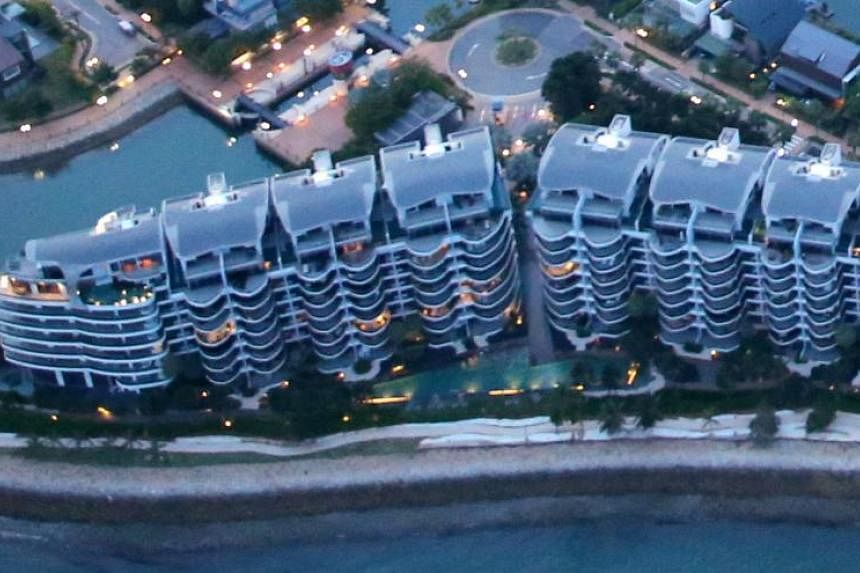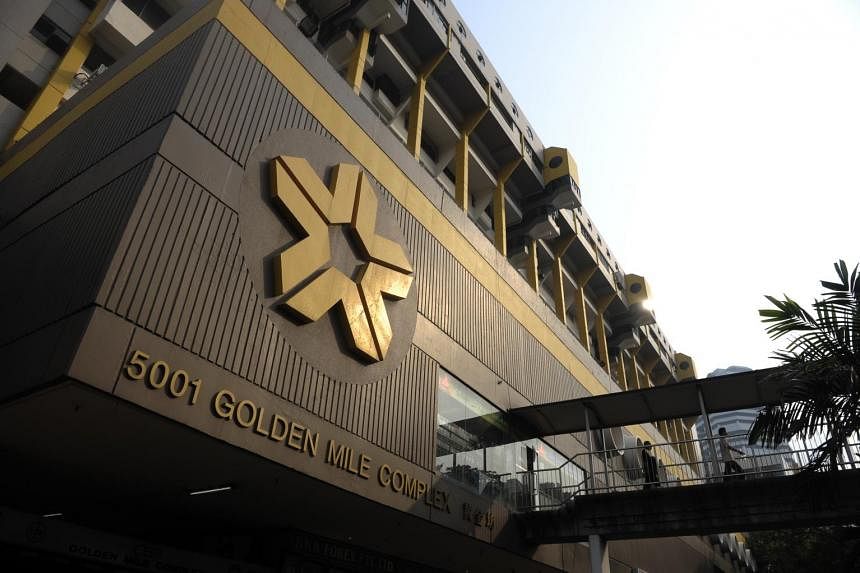Some property speculators have had their fingers burnt by higher levels of seller's stamp duty (SSD), which have proved to be a solid contributor to the state coffers.
More than $70 million has been collected in SSD for non-landed private property transactions since the rates were increased in 2011.
Properties sold within four years of purchase, on or after Jan 14, 2011, when the new rates took effect, would have incurred the higher SSD of 4 per cent to 16 per cent.
The higher level of duty, intended to discourage property speculation, has led to some hefty losses.
Data from SRX Property showed the owner of a unit at Four Seasons Park incurring a net loss of $2.64 million after paying the SSD.

The property was bought at $11 million in April 2013 and sold within two years of purchase at $9.5 million, resulting in a loss of $1.5 million - made worse by the 12 per cent SSD of $1.14 million paid.
The transaction in February this year represented the highest level of the SSD paid so far.
Meanwhile, a unit at Seascape at Sentosa Cove sold in May incurred the heaviest loss of $5.43 million after the SSD. The unit, bought in December 2011 for $11 million, sold for just $5.8 million. To rub salt into the wound, the seller paid a 4 per cent SSD of $232,000.
The SSD was raised in 2011 to curb speculative "flipping" of properties and to increase the holding period of properties.
Dr Chua Yang Liang, head of research at JLL South-east Asia, said the intention of the SSD is to remove short-term punters. "This helped to motivate buyers to take a longer-term stance on their investment, thus reducing speculation," he explained.
Properties sold within the first year of purchase would be slapped with the maximum SSD of 16 per cent, while those sold within two, three or four years would attract a rate of 12 per cent, 8 per cent and 4 per cent respectively.
In the past 12 months, at least 59 transactions for non-landed private homes recorded a loss after paying the SSD.
For instance, a unit at Golden Mile Complex that was sold at a profit of $182,000 in April this year turned into a loss after a 16 per cent SSD was levied. The seller lost $42,000 on the sale.
An SRX Property spokesman said: "Compared with over 800 non-landed homes sold within a year for the same period in 2010 to 2011, and over 1,400 sold in 2009 to 2010, the SSD has certainly caused the flipping market to wane significantly."
Mr Nicholas Mak, head of research and consultancy at SLP International, said that the SSD is "more draconian than capital gains tax". But it is less of a stinger when compared with the total debt servicing ratio, a financing obstacle, and the additional buyer's stamp duty (ABSD) levied on foreign home buyers and Singaporeans who own more than one residential property.
For ABSD, one would have to pay tax upfront even before he knows whether he would be making a profit, said Mr Mak.
He said one reason owners sell their properties, despite incurring a loss after paying the SSD, is to reduce further losses in hanging on to the properties because of the market downturn.
"But the SSD will not affect those who have no intention of selling within four years of purchase," he said.



